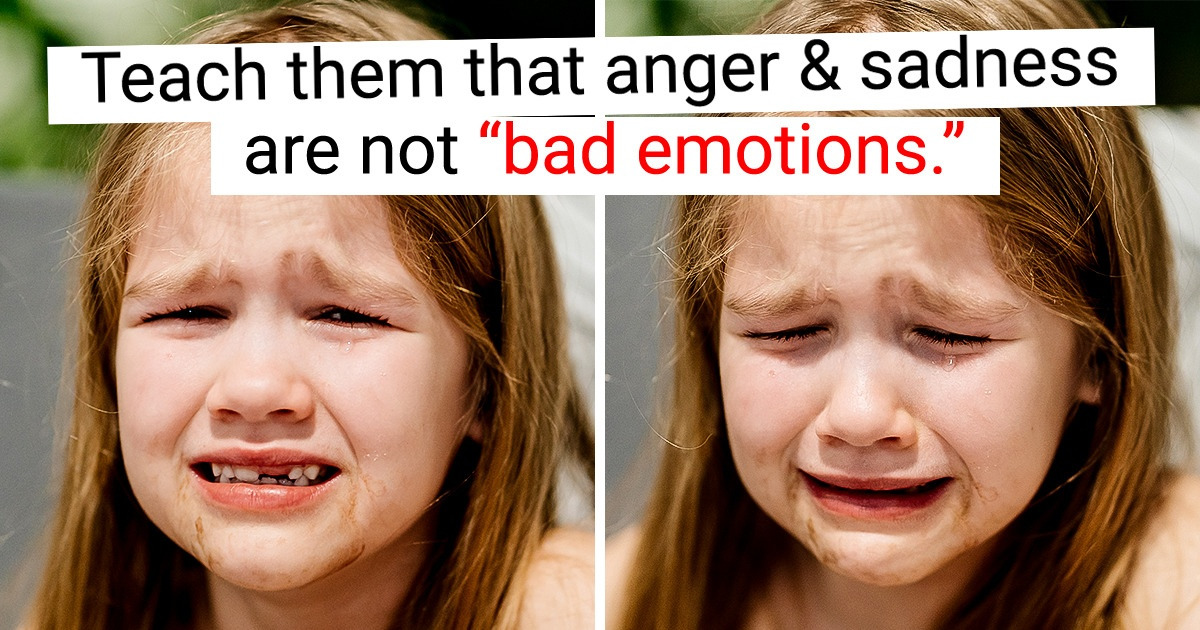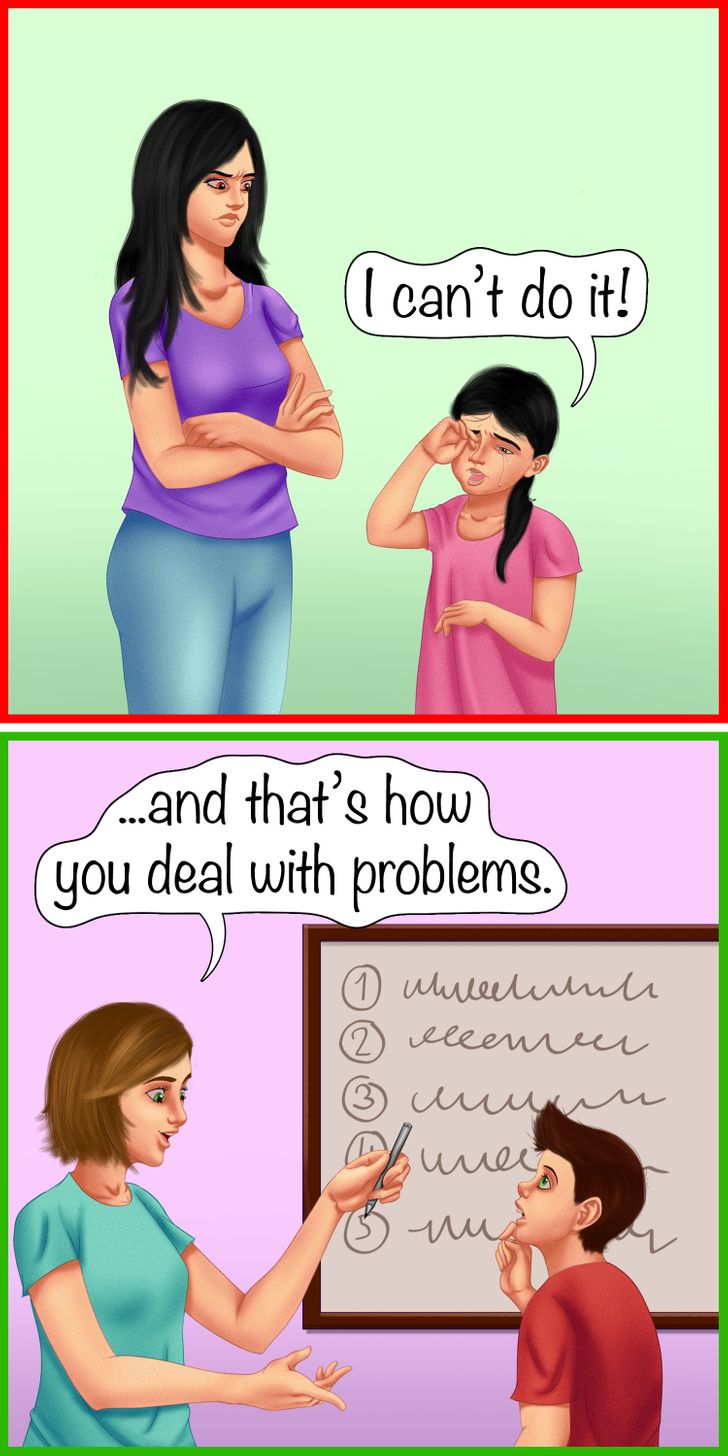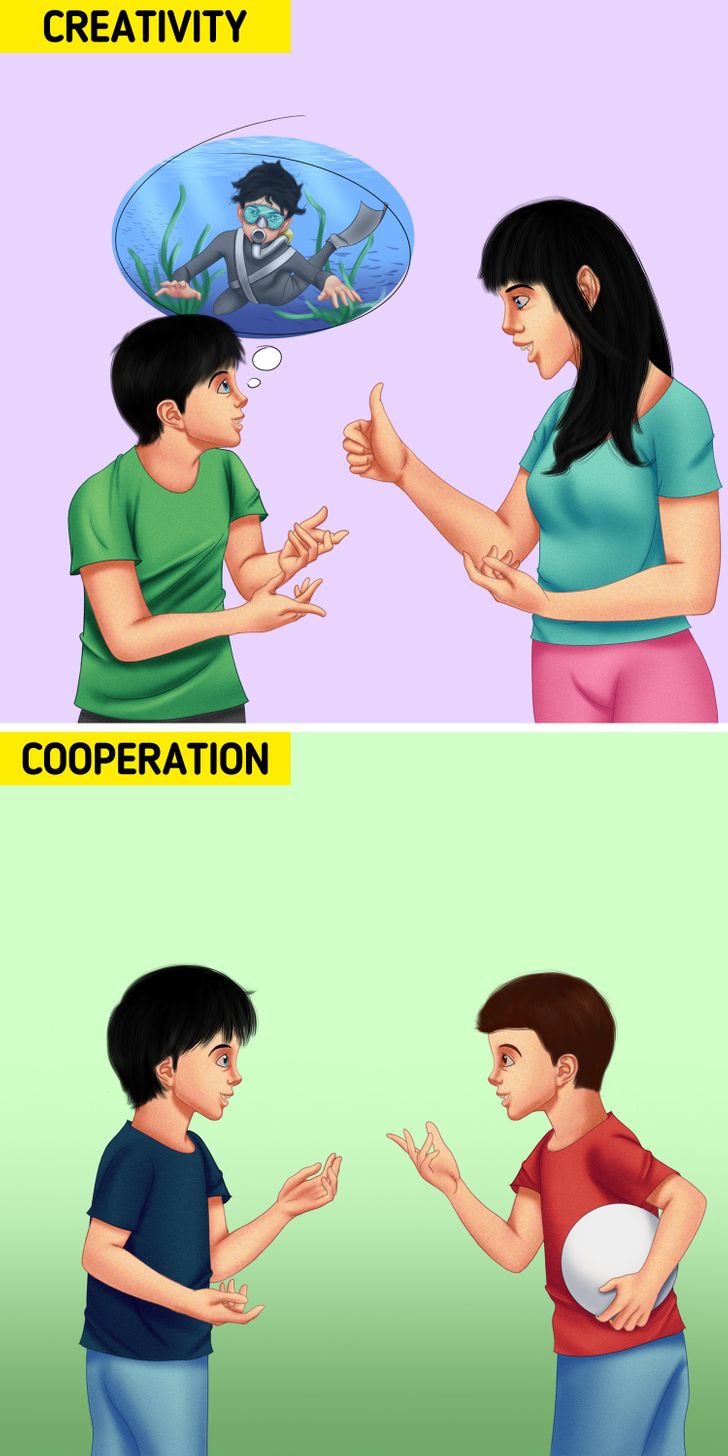20+ Celebs Who Wore Similar Outfits, and We Can’t Even Pick Our Favorites


A lot of parents want their kids to get good grades and enter prestigious universities, however, EQ (emotional quotient) is often neglected. In fact, emotional intelligence is incredibly beneficial, from helping you to be successful at work to dealing with stress and having effective communication.
Bright Side is sharing 8 things that may help your kid master the art of emotional intelligence.

Ignoring negative emotions or even blaming your kid for expressing them can cause depression in your child. Your reproach or indifference might make them feel scared to have negative emotions. It’s better to address the problem and resolve it rather than pretend that everything is fine. Constant shielding from difficult situations doesn’t strengthen emotional intelligence.
On the contrary, dealing with them is key to developing it.

Mindful conversations are an essential part of teaching emotional intelligence. It requires total engagement in a conversation. You follow the dialogue, use your body language, and fully understand the message. When you use active listening, your children feel loved and more confident.

It’s important to teach your child to deal with a problem rather than throw tantrums. Although it’s important to recognize emotions, there’s no use dwelling on them. Encourage your child to ask you for help or people who are able to validate your kid’s emotions. Let them come up with different solutions and give them the autonomy they typically yearn for.

Pretend play teaches all the necessary social skills through entertainment. Kids experiment with social and emotional roles and learn how to show empathy. Pretend play helps to explore feelings. Not only does it teach creativity, but it also gives them an understanding of other people’s perspectives.
Sometimes it might be hard for kids to manage frustration. If you don’t teach your children to express how they feel, they might get violent. In this case, teach them to de-stress healthily. For instance, punching a pillow or running is better than hitting someone or breaking things.
You can also role-play some situations to show how to do it properly.
You need to assure your kids that there is no such thing as “bad emotion.” Instead of asking them to stop throwing tantrums or crying, figure out with your kid what makes them angry or sad. Among the most common triggers for frustration are unexpected changes or new social situations. There are also some physical factors, like hunger or fatigue. Even though it’s not always possible for small children to understand these factors, it’s still worth talking things over.

Emotions affect us physically. We get headaches when we’re frustrated or feel butterflies in our stomach when we worry. When you notice your child starts to panic, stop them and ask how their body feels. Recognizing the first signs of emotions helps them to cope with them faster.
It also gives them a better understanding of how others feel, as people don’t always express their emotions verbally.
Open and honest parents create an atmosphere of trust. That’s why children with such parents feel more comfortable sharing their problems and concerns. If you always wear the mask of a happy parent, you confuse your kids. They assume something is wrong, but you act like normal.
As a result, kids avoid their own emotions and struggle to understand the feelings of others.
Do you teach your kids emotional intelligence? Do you think it’s important?











